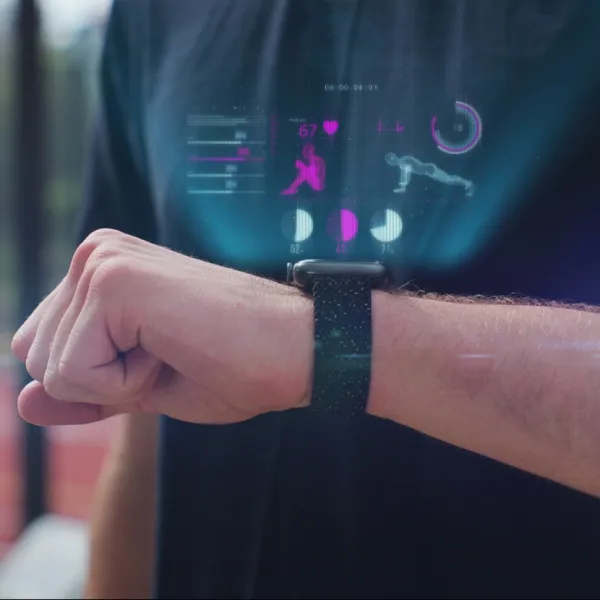Neuralink Implants 3rd Human Patient, Expands Trials for 2025

Musk announced an event in Las Vegas streamed on X, revealing plans to perform 20 to 30 additional procedures in 2025.
Neuralink Corp., Elon Musk’s brain-computer interface (BCI) company, has implanted its device in a third human patient as part of its ongoing studies targeting neurological conditions.
Musk announced an event in Las Vegas streamed on X, revealing plans to perform 20 to 30 additional procedures in 2025.
“We’ve got now three humans with Neuralinks implanted, and they’re all working well,” Musk stated, marking a key milestone in the company’s efforts to develop brain implants for treating paralysis and other conditions.
The third patient, part of Neuralink’s registered studies with the US Food and Drug Administration (FDA), joins two others in the United States.
Neuralink’s first recipient demonstrated the ability to control external devices using only their thoughts, including moving a laptop cursor, playing video games, and posting on social media.
Focus on FDA-Approved Studies
Neuralink has two active studies with the FDA. The Prime Study, involving up to five patients, focuses on enabling individuals with quadriplegia to control external devices like computers or smartphones using thought alone. Another study, Convoy, aims to assist three patients in operating devices such as assistive robotic arms.
Neuralink uses a robotic system to implant ultra-thin threads into brain tissue, targeting regions associated with movement intention. These threads decode brain signals and transmit them to external devices, creating a bridge between thought and action.
In November 2024, Neuralink announced FDA approval for a feasibility study exploring its brain implant with an experimental robotic arm. This study emphasizes safety and efficacy in patients with severe movement limitations.
Competing in the Brain-Computer Interface Field
While Neuralink is gaining attention for its developments, it is not the only company exploring brain implants for healthcare applications.
Other firms, including Synchron, Precision Neuroscience, Paradromics, and Blackrock Neurotech, are also advancing similar technologies to improve communication and mobility for patients with neurological impairments.
Neuralink’s approach, however, involves a surgical robot for precision and safety, a feature that the company underscores in its studies. These BCIs offer a potential pathway for addressing conditions such as ALS, paralysis, and other debilitating neurological disorders.
As Neuralink progresses with clinical trials and new procedures, the focus remains on assessing the safety and potential healthcare applications of brain-computer interfaces.
The ongoing studies aim to validate their use in real-world scenarios, offering hope for patients with severe mobility challenges.
Stay tuned for more such updates on Digital Health News





























